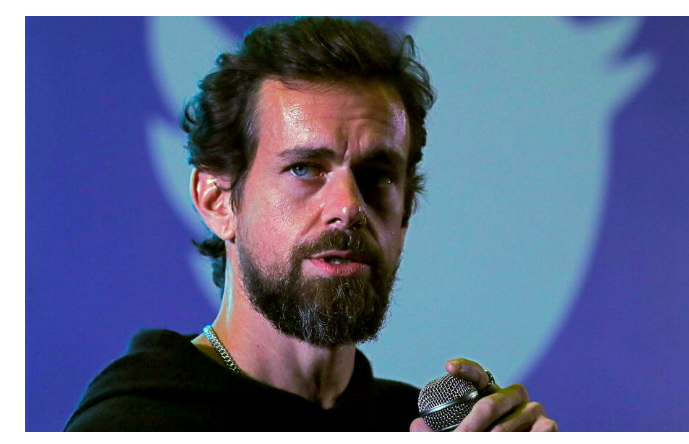
Jack Dorsey, the co-founder of Twitter, has recently made headlines by stepping down from the board of Bluesky, a social networking initiative he helped start. This move coincides with his endorsement of Elon Musk’s X, formerly known as Twitter, which he referred to as “freedom technology.”
Dorsey’s departure from Bluesky’s board marks a significant shift in his professional focus and public stance on social media’s future. In a series of posts on X, Dorsey emphasized the importance of open internet protocols and the concept of “freedom technology,” suggesting a decentralized approach to social media where users have more control over their online presence and data.
Bluesky was envisioned as a platform that would operate on open protocols, allowing for a more user-driven experience. However, Dorsey’s resignation suggests a pivot towards other projects that align with his vision of a decentralized internet. His recent philanthropic grants to open internet protocols and his vocal support for X and Nostr, another open-source protocol, highlight his ongoing commitment to this cause.
Register for Tekedia Mini-MBA edition 19 (Feb 9 – May 2, 2026): big discounts for early bird.
Tekedia AI in Business Masterclass opens registrations.
Join Tekedia Capital Syndicate and co-invest in great global startups.
Register for Tekedia AI Lab: From Technical Design to Deployment (next edition begins Jan 24 2026).
The term “freedom technology” is particularly poignant, as it encapsulates the idea that technology should empower individuals rather than restrict them. Dorsey’s advocacy for such technology indicates his belief that users should not rely on corporations to grant them rights but should instead use technology to defend and assert those rights themselves.
The future of decentralized social media is a topic of growing interest and speculation within the tech community. The concept of decentralization in social media refers to a shift away from centralized platforms controlled by single entities, towards a more distributed and user-controlled network. This model promises increased privacy, freedom of expression, and resistance to censorship.
Dorsey’s actions and statements have sparked discussions about the role of corporations in governing social media platforms and the potential for decentralized technologies to provide alternatives. As the landscape of social media continues to evolve, Dorsey’s influence and contributions to the field of “freedom technology” will likely remain a topic of interest and speculation.
Decentralized social media platforms operate on open-source protocols like ActivityPub, which allows for interoperability between different services. This means users on one platform can interact with users on another, similar to how email works across different providers. The most well-known example of a decentralized social media platform is Mastodon, which has seen a steady increase in users seeking an alternative to mainstream social networks.
The potential for decentralized social media to reshape the online landscape is significant. It could democratize content distribution, give users more control over their data, and reduce the influence of large tech companies. However, challenges such as user adoption, content moderation, and the development of sustainable business models remain.


